Pipeline | ADC: Nal – Anti TIGIT
ADC: Nal – Anti TIGIT
Bi-Functional Antibody Drug Conjugates (ADCs)
Overcoming Acquired Resistance to Checkpoint Inhibitors and Cellular Therapies
Nal-anti TIGIT bi-functional ADC is our prototype Delta receptor-targeting small molecule designed to target Myeloid Derived Suppressor Cells (MDSCs) and modulate their immunosuppressive effects on the tumor microenvironment. MDSCs suppress T- and NK cell function and disrupt IL-2 signaling through the production of multiple immune suppressing factors, such as Arg-1, iNOS, COX2, IDO, IL-10 and TGF-β. Tumor-associated MDSCs are a major obstacle to immunotherapy; they are responsible for acquired resistance to checkpoint inhibitors and also contribute to T-cell or NK cell exhaustion, preventing cellular therapies from being more effective. Circulating levels of MDSCs predict resistance to checkpoint inhibitors as well as cancer recurrence and progression. Reprogramming MDSC function to bypass tumor microenvironment immunosuppression is a promising strategy to overcome resistance to immunotherapies, such as checkpoint inhibitors.
Unlike conventional ADCs whose primary function is to carry a cellular poison selectively to a cancer cell our bi-functional ADCs have two functions – we use a small molecule drug to target the Delta receptor on MDSCs to prevent their immune suppression of the TME while carrying with it an immune effector like a checkpoint inhibitor or T cell activator.
Our lead prototype ADC is Nal-TIGIT which conjugates or links a Delta receptor inhibitor to an anti-TIGIT antibody for potential treatment of a type of pre-leukemia called Myelodysplasia (MDS).
MDSCs are present in high numbers in high-risk MDS playing a central role in immune surveillance suppression and disease progression including progression toward acute leukemia. MDSCs inhibit the function of Natural Killer cells or NK cells through the checkpoint, TIGIT/CD155 pathway. By blocking MDSC immune suppression in the bone marrow (the TME for blood related cancers like MDS) and carrying with it a checkpoint inhibitor like anti- TIGIT antibody, our bi-functional ADCs have the potential to provide a new therapeutic candidate in the treatment of high-risk MDS and a paradigm shift to the conventional ADC technologies.
Targeting MDSC Immune Suppressing Function is an Attractive New Strategy to Overcome Acquired Resistance to Checkpoint Inhibitors and Cellular Therapies
>10-fold increase in Delta Receptor expression on tumor-associated MDSCs regardless of tumor type tested, no difference in DC or Macrophages
Delta receptor represents a master switch controlling multiple MDSC pathways responsible for the immunosuppressive TME
Reprogramming MDSC immunosuppressive function with Delta-specific small molecule inhibitors or Bi-Functional ADCs represent a novel approach to overcoming acquired resistance
Key Benefits
Blocks MDSC production of multiple immune suppressing soluble factors while carrying a checkpoint inhibitor to the tissue where the tumor lives
Removes the tumor’s “protective” immune sanctuary while checkpoint releases T cells to attack and eradicate the tumor
Prevents T cell, NK cell, CAR-T exhaustion allowing these cellular therapies to keep working
Overcomes resistance to checkpoint inhibitors, allowing them to produce longer lasting anti-tumor responses
Increases safety and efficacy of immuno- and cellular-therapy
